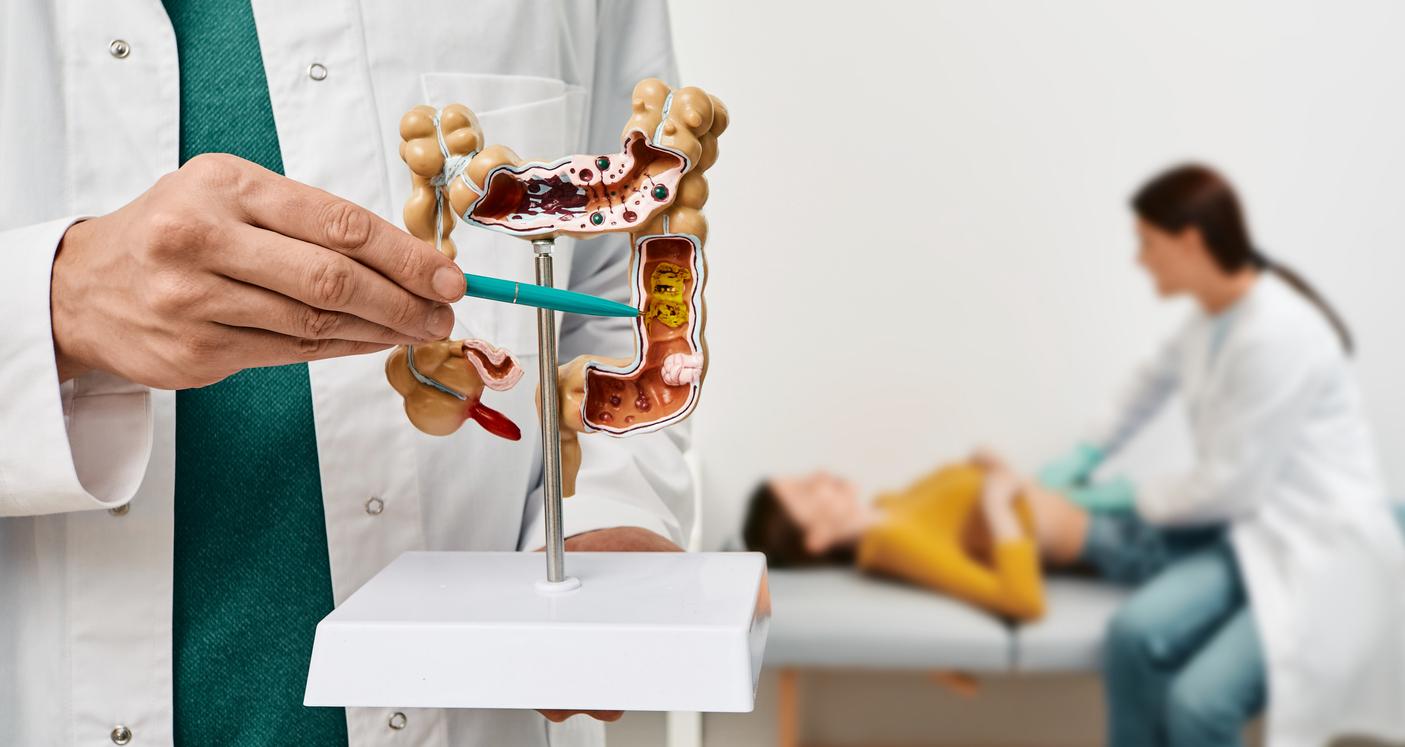While classic symptoms such as blood in the stool or abdominal pain are well known, an often overlooked warning sign is now attracting the attention of specialists: the appearance of thin stools.

- Colorectal cancer: beware of thin stools! Stools that are thinner than usual, or even the size and consistency of a pencil, can be a warning sign.
- Other symptoms to watch for: blood in the stool, abdominal pain, changes in intestinal transit (constipation, diarrhea, alternation of the two), unexplained weight loss.
- Early detection: the key to better recovery.
Colorectal cancer, which affects around 43,000 people in France each year, is one of the most common and deadly cancers. It develops from abnormal cells in the colon or rectum. These cells can proliferate and turn into tumors, which can infiltrate healthy tissues and spread to other parts of the body (metastasize).
Thin stools, a potential indicator of tumor
Dr. Michael Cecchini, a medical oncologist at Yale Cancer Center, points out that colorectal cancer patients may have “of the much thinner stoolsor the size and consistency of a pencil”. This phenomenon usually occurs when the tumors are located at the end of the colon or are in large numbers on its walls, narrowing the passage of stool. For Dr. Jeffrey Dueker, gastroenterologist at the University of Pittsburgh, the persistence of this symptom should alert: “When it becomes persistent, it’s very concerning. It’s just not one of the most common symptoms of the disease.”
Other symptoms to watch for of colorectal cancer
While thin stools are an important warning sign, other more classic symptoms of colorectal cancer should not be overlooked:
- Blood in stool: Whether it is bright red, dark brown or black, the presence of blood in the stool is a sign that should not be ignored.
- Abdominal pain: Persistent pain or cramping in the abdomen may also be an indicator of the disease.
- Changes in intestinal transit: constipation, diarrhea, alternation of the two, these changes can also be a warning sign.
- Unexplained weight loss: Weight loss not related to dietary changes or increased physical activity may be a symptom of colorectal cancer.

Early tumor detection: a crucial issue
If any of these symptoms appear, it is essential to consult a doctor without delay. Early diagnosis is crucial to improve the chances of recovery from colorectal cancer. Indeed, the earlier the disease is detected, the more effective the treatments are and the less severe the interventions.
Risk factors for colorectal cancer
- Age: Risk increases with age, with most cases occurring after age 50.
- Family history: Increased risk if a close family member has had colorectal cancer.
- Chronic inflammatory bowel diseases: Crohn’s disease or ulcerative colitis increase the risk of colorectal cancer.
- Colonic polyposis: The presence of polyps, benign growths of the colonic mucosa, can increase the risk of cancer if they are not treated.
- Lifestyle: smoking, excessive alcohol consumption, diet rich in red and processed meat, lack of physical activity.















